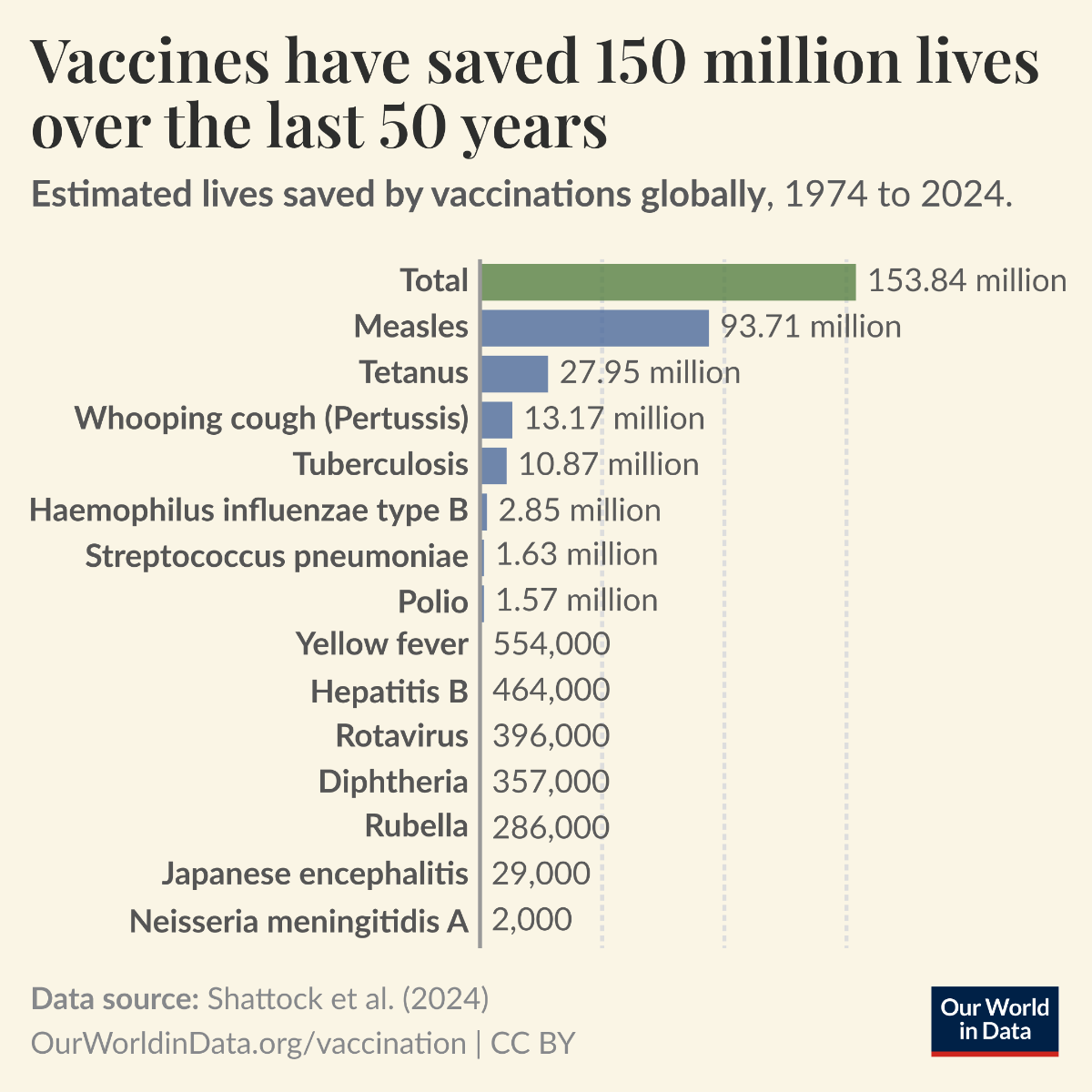The weekend is here! Pour yourself a mug of coffee, grab a seat outside, and get ready for our longer-form weekend reads:
• This Isn’t Your Father’s Marijuana Use: A new study shows pot use has exploded—surpassing daily alcohol use in 2022. Potency is way up, too. Thoughts on the new age of weed and what to do. (Washington Monthly)
• The Algorithm Behind Jim Simons’s Success: Unless you’re a quant, the valuable lessons are about how Simons did what he did (and why), not what he did specifically. While a book containing Renaissance’s secretive algorithms would be an instant bestseller, its value would vanish almost immediately as a horde of competitors exploit the same inefficiencies. (Alchemy of Money)
• The 84-Year-Old Man Who Saved Nvidia: It’s a $2 trillion company today. It wouldn’t exist without someone known as Irimajiri-san. (Wall Street Journal)
• An Open Letter to Vanguard CEO, Salim Ramji: You’ve got an incredible opportunity to be less boring (Echo Beach)
• How Does the Stock Market Perform in an Election Year? Every four years we hear that “this might be the most important election of your life.” But with soaring debt, rising geopolitical instability, and continued economic uncertainty, this time they may just be right. But, before we look at how U.S. stocks might perform after a Biden or Trump victory, let’s look at how stocks tend to perform before and after a U.S. presidential election in general. (Of Dollars and Data)
• Slippery Slope: How private equity shapes a ski town: The forces that are remaking the Mountain West—the consolidation of land and wealth in the hands of a few, the circulation of global capital, the substitution of corporate power for civic authority—are uniquely visible in Big Sky, where private interests affect the very structure of the community. Tucker Roundy, who moved to Big Sky eleven years ago and began stocking shelves at the Hungry Moose Market and Deli, used a common phrase when describing the community’s dynamics to me. “With Lone Mountain buying the Town Center area, it’ll be interesting to see what the next five to ten years hold for Big Sky,” he said, “and how much of a company town it becomes.” (Harper’s)
• Houses Up, Condos Down. What’s Selling in the Hamptons These Days? Prices, sales and available homes have all increased during the year, largely driven by high-end properties. But condo prices are sagging. (New York Times)
• Bizarre Spinosaurus makes history as first known swimming dinosaur: A newfound fossil tail from this giant predator stretches our understanding of how—and where—dinosaurs lived. (National Geographic)
• Fasten Your Seatbelts: What You Need to Know About Turbulence. Recent incidents with turbulence during air travel raise questions about this challenging weather phenomenon. Here’s what we know about it and how to stay safe. (New York Times)
• Studio Musicians Are Still Waiting For Credit In The Streaming Era: The music industry has been promising music credits on the streaming services for more than a decade. They’re having another conference about it in Nashville this week, where some well-meaning people will once again discuss the nerdy, vexing challenge of “metadata.” To be fair, it’s not an easy problem, and the business can point to some progress. But this report finds that in a world where public-facing databases can track 20 million UPS packages a day, baseball career statistics from 100 years ago to last night, and millions of global Bitcoin transactions, musician credits remain incomplete and hard to access. (WMOT)
Be sure to check out our Masters in Business this week with Anand Giridharadas, author of Winners Take All, and The Persuaders. A former foreign correspondent and columnist for the New York Times, he has also written for the New Yorker, the Atlantic, and Time. He has received the Radcliffe Fellowship, the Porchlight Business Book of the Year Award, Harvard University’s Outstanding Lifetime Achievement Award for Humanism in Culture, and the New York Public Library’s Helen Bernstein Book Award for Excellence in Journalism.
Vaccines have saved 150 million children over the last 50 years

Source: Our World In Data
Sign up for our reads-only mailing list here.
~~~
To learn how these reads are assembled each day, please see this.

